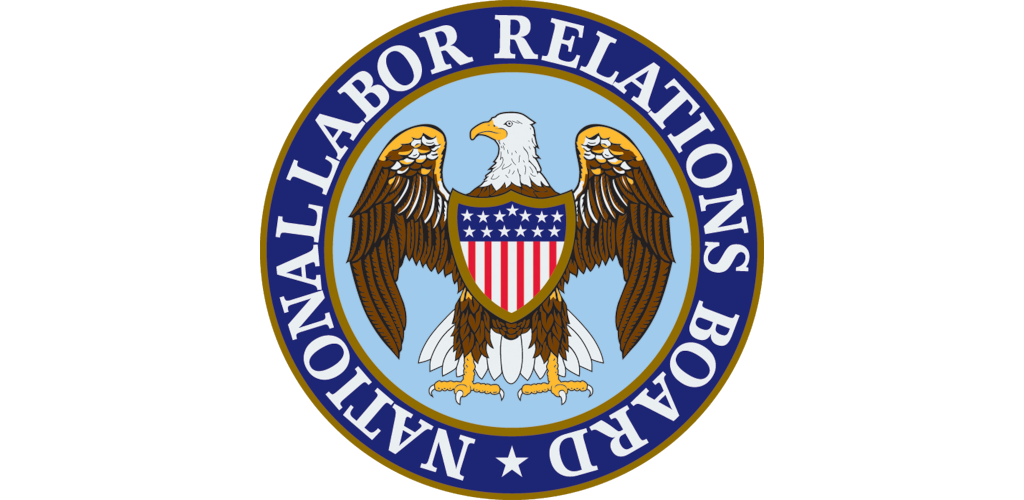In another ruling promoting a pro-labor agenda under the Biden administration, the National Labor Relations Board (NLRB) reverted to its pre-2019 precedent on the balance between the rights of property owners and the rights of employees under Section 7 of the National Labor Relations Act (NLRA).
On December 16, 2022, the Board issued a decision in Bexar County Performing Arts Center Foundation d/b/a Tobin Center for the Performing Arts and Local 23, American Federation of Musicians. The NLRB ruled that a property owner may lawfully exclude off-duty workers who are employed by a third party and are exercising Section 7 rights, for its property, “only where the property owner is able to demonstrate that the contractor employees’ Section 7 activity significantly interferes with the use of the property or where exclusion is justified by another legitimate business reason.”
The 3–2 ruling reverses the Trump-era NLRB’s decision in an earlier iteration of the case, Bexar County I, and reinstates the standard the NLRB previously articulated in the 2011 decision, New York New York Hotel & Casino. The most recent ruling will allow employees greater access to a workplace not owned by their employers when engaging in activity such as labor protests or hand billing in a broad range of circumstances.
Background
The case involves the union for musicians in the San Antonio Symphony, which leases the Tobin Center for the Performing Arts. Union members had sought to distribute informational leaflets on privately owned sidewalks around the Tobin Center. The leaflets related to a labor dispute over the ballet’s choice to use recorded music instead of a live orchestra. Previously, the live orchestra was made up of union musicians from the symphony. The owner of the Tobin Center prohibited the activity.
In Bexar County I, the NLRB, under the Trump administration, sought to balance the rights of property owners and third-party employees and ruled that third-party employees are not generally entitled to the same access as a property owner’s own employees. Off-duty third-party employees’ “right to access the property is derivative of their employer’s right of access to conduct business there.” As such, off-duty third-party employees were only entitled to access for Section 7 purposes in cases where the “property owner cannot show that they have one or more reasonable alternative nontrespassory channels of communicating with their target audience.”
Section 7 Access
However, a majority of the Biden NLRB found that Bexar County I did not strike the right balance. The majority found that a “critical” part of employees’ Section 7 rights, which includes the right “to engage in other concerted activities for the purpose of collective bargaining or other mutual aid or protection,” is to be able to exercise those rights in the place where they work. The majority argued that the standard in Bexar County I goes too far in that it “enables property owners to severely restrict off-duty contractor employees’ access to its property to engage in Section 7 activity for reasons completely unconnected to the employer’s interest in protecting its property.” On the other hand, the New York New York standard, decided under the Obama NLRB, ensures that third-party employees can exercise Section 7 rights, while property owners do not have to permit activity that causes a “significant interference” with their property rights or in situations in which they have legitimate business reasons to prohibit the activity.
Two members of the current NLRB, members Marvin Kaplan and John Ring, whose term ended on December 16, dissented. They argued that the majority’s decision was misplaced and wrongly prioritized the Section 7 rights of off-duty third-party employees “above the rights of property owners.” The dissenters pointed out that the majority reverted to its standard in New York New York, which ignores one of the fundamental rights of property owners. Kaplan and Ring argued the majority “effectively gives contractor employees the same rights as the property owners’ own employees and, more problematically here, ignores” prior precedent from the Supreme Court of the United States that “yielding of private property rights to accommodate nonemployees is only necessary in certain contexts.”
Key Takeaways
The Bexar County II ruling will allow greater access to off-duty third-party employees to workplaces to conduct labor protests, hand out leaflets, or engage in other Section 7 activity. The ruling places the burden on property owners to show that the activity would be a “significant interference” or that there is some other “legitimate business reason” to prohibit it. While the majority styles this as a balance between property rights and employee Section 7 rights, it severely limits property owners’ fundamental right to remove people from the property. Property owners may want to review their lease agreements and rules and conditions for access.
Ogletree Deakins’ Traditional Labor Relations Practice Group will continue to monitor NLRB developments and will provide updates on the Traditional Labor Relations blog as additional information becomes available. Important information for employers is also available via the firm’s webinar and podcast programs.






